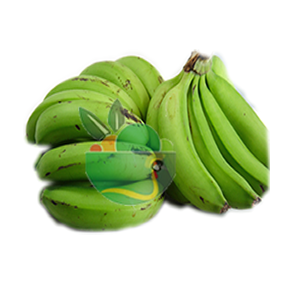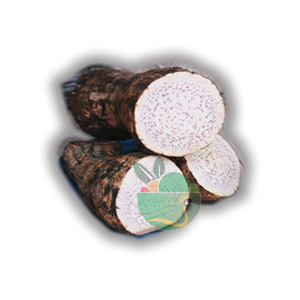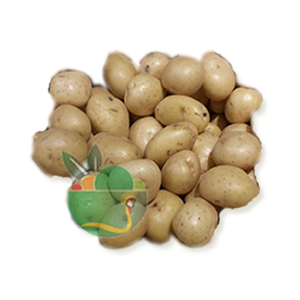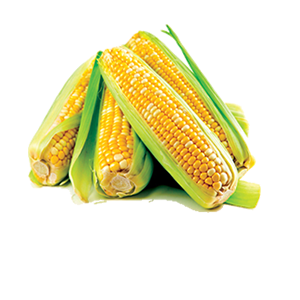
Cassava
Cassava (yuca or manioc) is a nutty flavored, starch-tuber in the spurge family (Euphorbiaceae) of plants. It thought to have originated from the South-American forests. It’s sweet, and chewy underground tuber is one of the traditional edible root vegetables. Indigenous people of many parts of Africa.
Description
Cassava (yuca or manioc) is a nutty flavored, starch-tuber in the spurge family (Euphorbiaceae) of plants. It thought to have originated from the South-American forests. It’s sweet, and chewy underground tuber is one of the traditional edible root vegetables. Indigenous people of many parts of Africa.
Health Benefits of Cassava
- Cassava has nearly twice the calories than that of potatoes and perhaps one of the highest value calorie food for any tropical starch-rich tubers and roots. 100 g root provides 160 calories. Their calorie value mainly comes from sucrose which accounts for more than 69% of total sugars. Amylose (16-17%) is another major source of complex carbohydrates.
- Cassava is very low in fats and protein than in cereals and pulses. Nonetheless, it has more protein than that of other tropical food sources like yam, potato, plantains, etc.
- As in other roots and tubers, cassava also free from gluten. The gluten-free starch used in special food preparations for celiac disease patients.
- Young tender cassava (yuca) leaves are a good source of dietary proteins and vitamin-K. Vitamin-K has a potential role in the bone strengthening by stimulating osteoblastic cells activity in the bones. It also has an established role in the treatment of Alzheimer’s disease patients by limiting neuronal damage in the brain.
- Cassava carries some of the valuable B-complex group of vitamins such as folates, thiamin, pyridoxine (vitamin B-6), riboflavin, and pantothenic acid.




